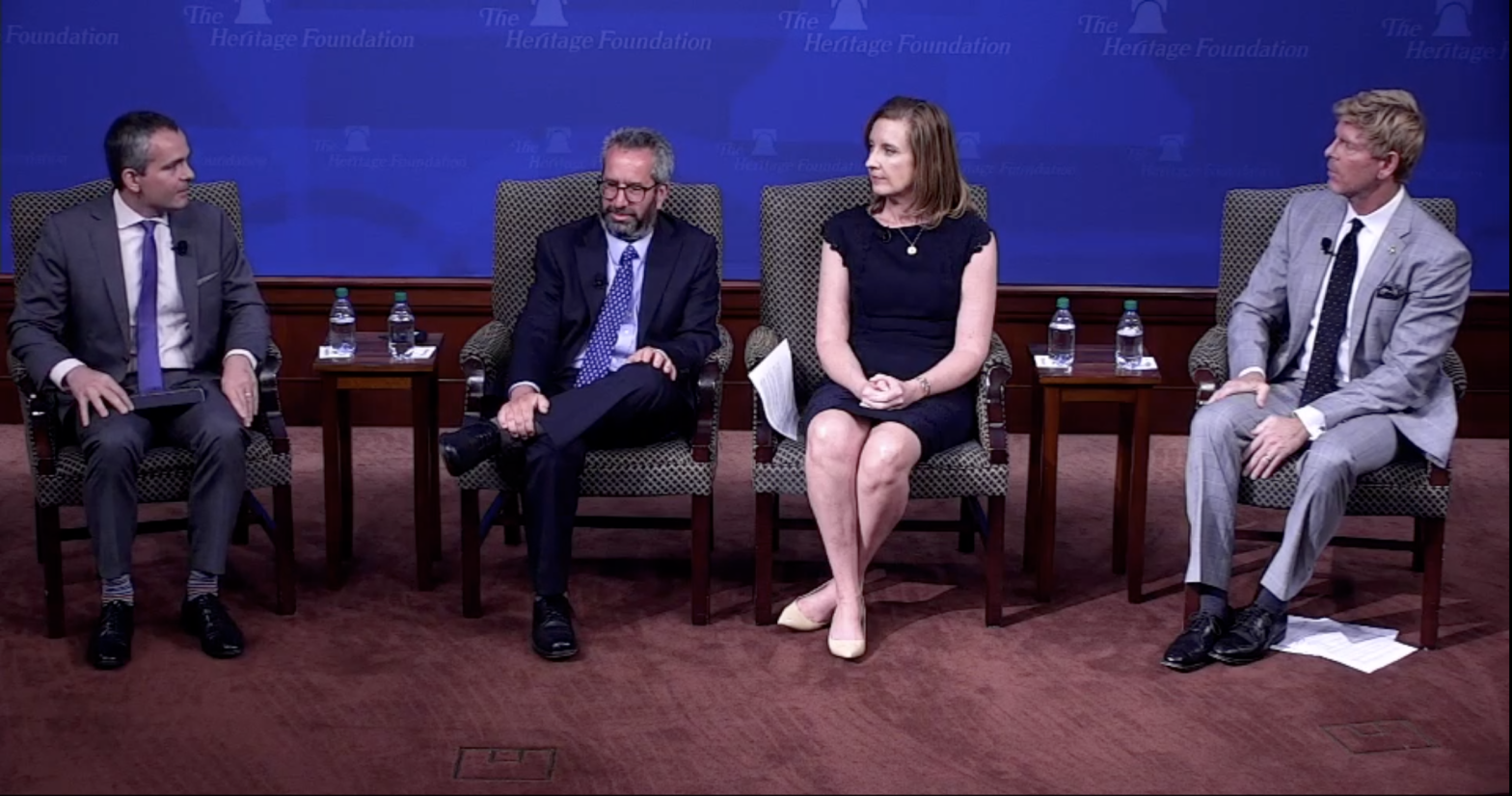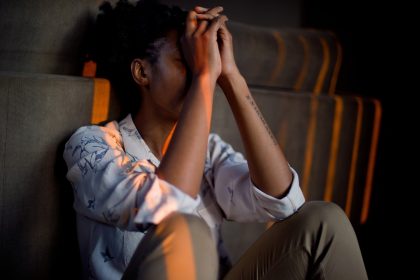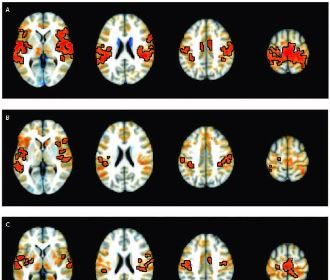Report Examines Effect of Puberty Blockers and Cross-Sex Hormones on Youth Suicide Rates

WASHINGTON — A report released by the Heritage Foundation on June 13 examines whether easing teenagers’ access to cross-sex medical interventions, such as puberty blockers and hormones, protects against adolescent suicide.
“Unfortunately, many parents are being told they have a choice between a living son or dead daughter, and that puberty blockers are the only thing that will save a child’s life,” said Ryan Anderson, president of the Ethics and Public Policy Center, while hosting an event held at the Heritage Foundation on Tuesday to discuss the findings of the report.
The report, led by researcher Jay Green, a senior research fellow at the Center for Education Policy, examines the impact of laws which block gender-affirming surgeries.
It makes the case that cross-sex medical interventions are the cause of the increases in suicide among young people, and that children are better off if they are not allowed to make major life decisions without their parents’ involvement and permission.
Green bases this ascertion on data he says is evidence suicides among young people aged 12 to 23 have increased since 2010. He also says the majority of these increases have occured “in states that have a policy allowing minors to access health care without parental consent than in states without such a policy.”
However, in a commentary piece published in The Washington Post, two law school professors from the University of Virginia, Anne Coughlin and Naomi Cahn, offer evidence that cross-sex medication “has been shown to reduce the risk of depression and suicide for transgender youth,” and that “banning it creates an excruciating conflict for parents, as the steps they take to preserve their children’s lives may lead the state to investigate and punish them.”
To conduct the analysis, Green and his team used a statistical model to predict the suicide rate among those aged 12 to 23 in each state between 1999 and 2020, and controlled for the possibility of state-specific features to account for why some states have higher suicide rates among young people than others.
Green referred to the study as a “natural policy experiment,” which includes variations in time, location and subject, to allow the research community to come closer to identifying a causal relationship between easier access to puberty blockers and cross-sex hormones and risk of suicide among young people.
The model used the prevalence of gender-related medical terms in Google Trends as a proxy for how widely available the interventions are over time.
Jay Richards, Director of DeVos Center for Life Religion and Family, said during the event that there are now about 260 sites in the U.S. where individuals can receive puberty blockers and cross-sex hormones, including planned parenthood.
Treatment for puberty blockers and cross-sex hormones was not available in the U.S. before 2007, but the use rose dramatically in 2010, and was widely available by 2015.
TheGoogle trend search included in the report uses search terms like “gender dysphoria” and “gender disorder” to confirm that puberty blockers and cross-sex hormones only became widely available in the past several years.
The report indicates that many teens and pre-teens have been known to take puberty blockers or cross-sex hormones so their secondary sex characteristics, such as body and facial hair, breast tissue, muscular build, and fat composition, align more closely with the gender with which they identify.
The World Professional Association for Transgender Health advises that these interventions come with significant complications and risks, which can include loss of bone density, increased risk of cancer, increased risk of heart attacks, and potential for future infertility.
“If you take puberty blockers you are freezing a child developmentally at that time, that is not fully developed,” said Richards.
According to the report, U.S. policymakers are seeking to make it easier for minors to access puberty blockers and cross-sex hormones based on the claim that doing so reduces suicide risk.
The Biden administration issued a statement on March 31, which confirms the positive impact of gender- affirming care on youth mental health, and references the evidence behind the positive effects of gender-affirming care.
On Wednesday, Biden signed an executive order to direct the Department of Health and Human Services to expand access to gender-affirming treatment, by taking as he said, “steps to address the barriers and exclusionary policies” to certain types of treatments.
A number of states have also considered or enacted legislation to make it easier for minors to access cross-sex interventions without their parents’ knowledge or consent.
California, for example, enacted AB1184, to prevent insurance companies from notifying parents if children on their policies receive gender-affirming care services.
“We appreciate serious empirical efforts to verify the relationship between gender-affirming care and adolescents’ mental health. However, the Heritage Foundation study adds nothing to our understanding of this relationship because one of the study’s fundamental assumptions is wrong,” said Coughlin and Cahn in an email to The Well News.
According to Coughlin and Cahn, the study charges that “increasing minors’ access to [puberty blockers and cross-sex hormones] is associated with a significant increase in the adolescent suicide rate.” To reach that conclusion, the study points to an elevated suicide risk in states that “provide a path by which minors can access routine medical care without the consent of a parent.”
“The assumption is that minors in these states can get easy access on their own to gender-affirming care and that such access is causing the spike in suicide rates. But the listing of state laws cited by the study is focused on minors who are ‘living on their own,’ a narrow category that includes ‘unaccompanied minors experiencing homelessness,’” said Coughlin and Cahn.
Coughlin and Cahn also found that laws allow this narrow group of minors to obtain only “routine medical care” without parental consent, which includes vaccinations, treatments of infections, contagious or reportable diseases.
“The Heritage Foundation study points to no case whatsoever that suggests that puberty blockers or gender-affirming hormones would count as ‘routine care.’ Nor does the study offer any statistics on the number of adolescents in any of these states who have sought such treatment, either with or without parental consent,” concluded Coughlin and Cahn.
The Heritage Foundation report has not yet been peer-reviewed.
Alexa can be reached at [email protected]

























